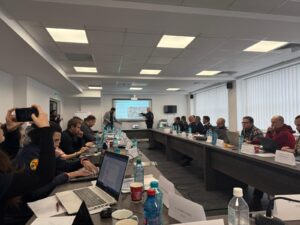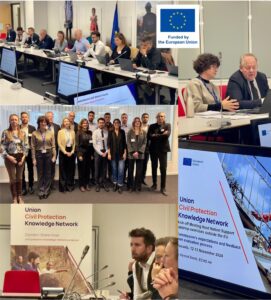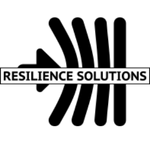ABOUT US
Resilience Solutions Resch (RSR), established in 2017 in Austria, is a specialized consulting firm uniting a group of disaster risk reduction experts.
Our team possesses over 20 years of experience in disaster risk reduction and climate change.
We offer a comprehensive suite of services, including risk assessments, strategic planning for climate change and disaster risk, exercises and capacity-building projects, strengthening legal, policy, institutional, and financial frameworks, conducting awareness-raising campaigns, developing IT tools, and providing operational deployments.
Resilience Solutions Resch has successfully implemented projects across 4 continents and in more than 20 countries.





































News
Latest News

Project Team Meets Kosovo Municipalities to Launch Disaster Risk Assessment and Management Planning Process
On 2 and 3 December, the Resilience Solutions and IDRA Albania project team, together with GIZ Kosovo representatives, conducted introductory visits to national institutions and

CROSSFLOOD Hosts Main Planning Conference in Siret, Romania
From 25–28 November 2025, the EU funded CROSSFLOOD Project consortium convened in Siret and Suceava (Romania) for the Main Planning Conference, marking a major milestone

EU-RESPOND Project Launches with Successful Kick-Off Meeting in Brussels
The EU-RESPOND consortium officially launched its three-year project with a two-day Kick-off Meeting held on 12–13 November 2025 at the DG ECHO headquarters in Brussels.

